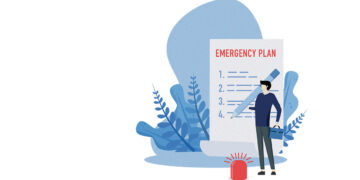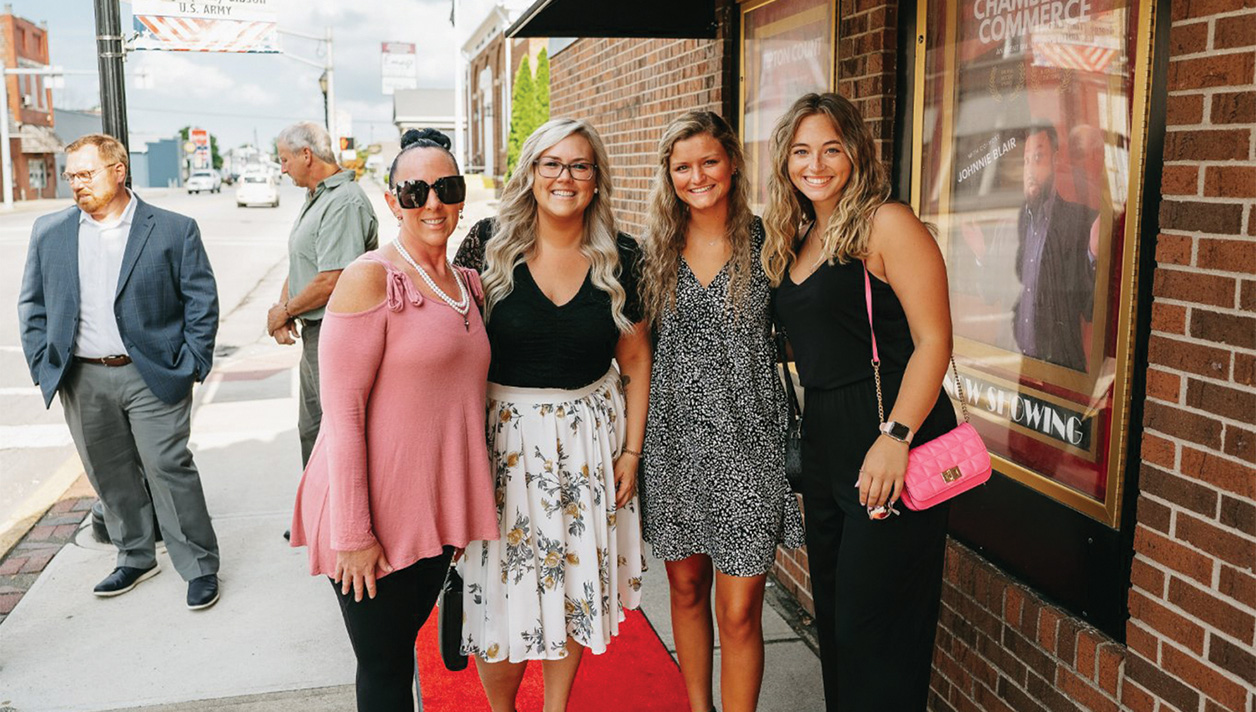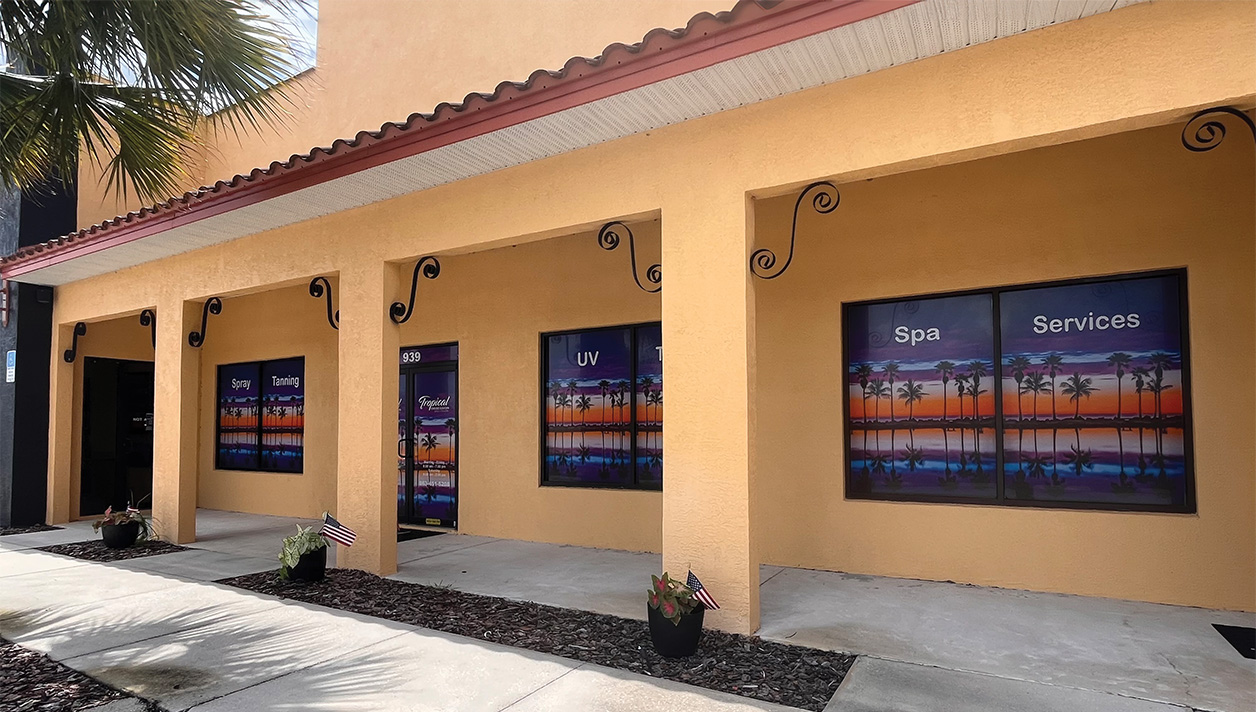Facing an uncertain economy, rising inflation and a potential recession on the horizon, many are stressed about their own finances, and women are especially feeling financial pressure. According to a new study by Fidelity Investments, nearly half (47%) of women say their outlook on money and economic issues has worsened over the past year.
With primary stressors including inflation (71%), the rising cost of essentials (65%), and not having enough saved for emergencies (58%), women are demanding more from their money and taking control of their finances to improve their immediate future, in three key areas: spending, saving and learning.
There’s never a better time than the present to evaluate your budget, income and goals to see what changes you can make to make the most of your financial priorities.
1. Continue evaluating spending
One of the first places to look when evaluating short-term finances is your spending. Many women are already scaling back on spending to make their money stretch further. Fidelity’s study found 53% of women cut back on nonessential activities and entertainment, while 39% cut back on travel and vacation expenses in the past 12 months. There’s never a better time than the present to evaluate your budget, income and goals to see what changes you can make to make the most of your financial priorities. One quick way to cut back on costs is to review streaming services, monthly subscriptions and memberships and pause the ones you didn’t use much this year or didn’t enjoy using.
2. Saving for a Rainy Day Fund
Because most women are concerned about not having enough saved for emergencies, it’s a great idea to start or add to an emergency fund. In fact, 30% of women are already planning to start or add to their emergency funds in the next 12 months. But it can be challenging to set aside money for emergencies, especially when money is already tight. When your budget doesn’t allow much wiggle room for emergency savings, you can focus on adding extra funds into an emergency fund. For example, take any money from cash gifts, cash back from credit cards or cashback services, and your tax refund and immediately deposit them into your emergency savings account. This will help you grow your fund while maintaining your current budget.
3. Boosting financial knowledge
Financial education can be a powerful tool to help you get the most out of your money and women are eager to learn how they can make their money work harder for them. More than a quarter of women surveyed want to learn more about managing debt and credit, 25% want to learn how to create and stick to a budget and 24% want to learn about savings.
Many women also want to change their financial habits and mindsets to get more out of their money, especially younger women. One in four Gen Z women are interested in learning how to improve their money mindset, such as learning how to overcome spending guilt, break bad habits or improve their overall relationship with money.
Developing a strong financial foundation and practicing good financial hygiene are all ways to help make your money work harder for you. Even though women want to learn, there haven’t always been resources for women to learn about money. Women want financial basics, but they also want to learn about them in an open and honest environment, and they want to learn about the unique money challenges facing women.
A learning community for women, by women
Reinforcing their ongoing commitment to helping women achieve financial success, Fidelity created Women Talk Money, a community made for women, by women, to help normalize money talk in an honest and open environment. Through the community, Fidelity offers live events, workshops, newsletters and educational content on everything from financial basics like learning how to save and invest, to more in-depth concepts like the financial benefits of life insurance, to career guidance, such as negotiating a pay increase. Women Talk Money also covers women-specific topics like gender pay gaps and career breaks to help women navigate the unique financial challenges facing them. And the community recently launched on both Instagram and LinkedIn, to help reach more women and meet them where they are.
To start demanding more from your money and controlling your financial future, visit Fidelity’s Women Talk Money hub.
























